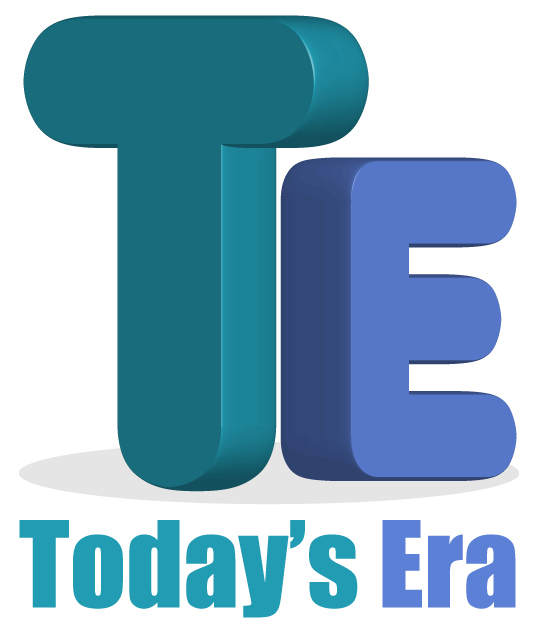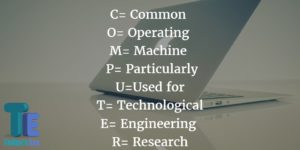DO you know the full form of COMPUTER?
This is a regular term in basic usage. Computer stands for Common operating machine particularly used for technological engineering research.
Or
C= Common
O= Oriented
M= Machine
P= Particularly
U= United and used under
T= Technical and
E= Educational
R= Research
It’s a myth as the computer has a vast range of applications other than technological applications. It is used in art, media and many other creative sectors like interior designing and architecture.
Places of use
- Schools: In this sector computer has the vast range of application. It is used for both for official work and teaching purpose. It is used for keeping the record of students and maintaining staff directory.
On the other hand, it is also used for teaching. Computers learning at basic level involves language learning ( including LOGO, Basic, C++, C ). These are also used for teaching ms word, paint and many other uses and applications.
- Police stations: In police stations these are used for keeping records of the old criminals. This practice helps in tracking the records in case of repeated crimes in any circumstances.
Other than this computers have become one of the passage to communicate. Emails and many more applications are used to communicate and spread networks in any local or non-local areas.
- Architecture:
This is a technological plus creative field. Here you need to create maps and design various outlets and interior. There are various built in applications in computers which allow the architect to design and build easily.
- Colleges and Universities :
Here also the usage is similar to schools but the scale of data to be processed is much bigger. These are crucial in all university research programs.
For higher studies in any field of study, computers are used to analyze and research theories etc.
- Scientific labs
This is yet another arena where computers play a major role. For research purpose and various experimental analysis, computers are the must.
In the bigger scenario in highly advanced research, there are specially designed computers for specific functions. The demands and functions may vary as per sector and area in which computer is to be used.
- Hospitals
Specially designed computer systems are used in formulating medicines. To diagnose patients. Nowadays major part of treatment is computerized.
Various techniques like MRI (magnetic resonance imaging) and much more similar intricate procedures are done via computers.
Types of computers
Computer can vary as per their usage and function. There is smaller hand held computers to large systems which occupy the whole room. Few of such types of computers are :
Exascale Supercomputer :
This is the latest version of supercomputers. It is believed that these will be much faster than existing generation of supercomputers.
These computers have been developed by the USA. China owns maximum number of highly advanced computers.
Supercomputer :
These are supercomputers bigger in size. Highly advanced and specifically designed for advanced users like research and scientific applications.
Personalized computers
These are regular systems which we often see around us in our day to day life. These are used at places like schools, colleges, homes and other places to keep general records and perform the basic task.
Various brands of PCs are available in the market. There is a slight difference in their speed, memory, and features.
Palmtops : These are the old form of computers. These are not in use now. As is clear from its name that these are hand held and smaller in size. Easily portable and used for basic use. Very much similar to tablets and e- notebooks available nowadays.
With advancement in technology, there have been many changes in computers outlook. Upcoming generations may experience artificial intelligence. This will completely revolutionize the existing computing experience.
“Stay Informed and connect to Today’s era for the latest updates.”

